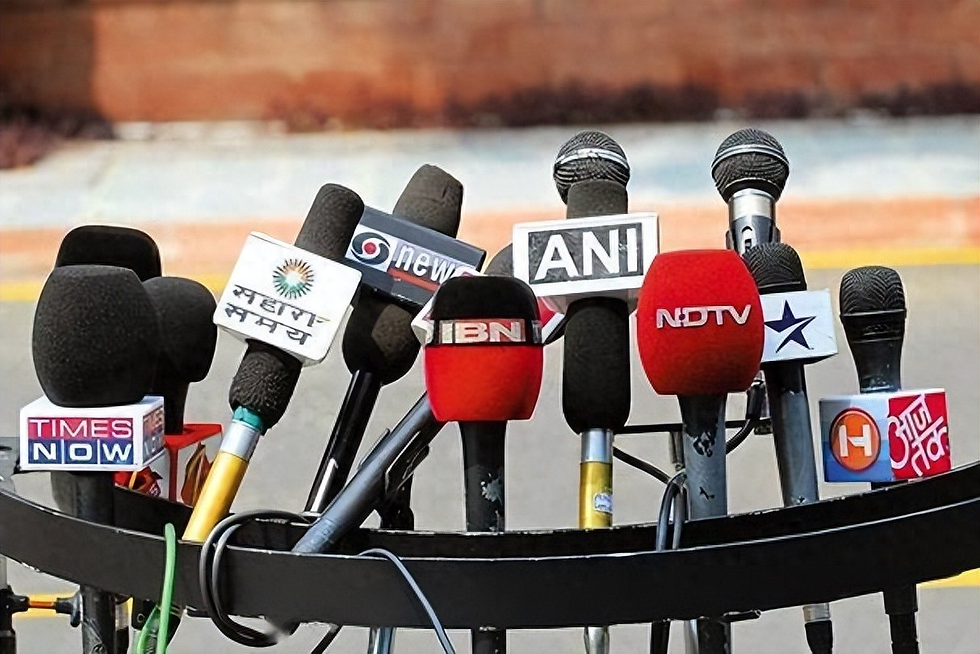Boeing has been exposed for using counterfeit titanium alloy parts, claiming the fake and inferior products originated from China.
- CosDream News

- Jun 24, 2024
- 2 min read
Several media outlets recently exposed Boeing for using a significant number of counterfeit titanium alloy components.
This incident has not only shocked the aviation industry but also sparked widespread public concern regarding flight safety and supply chain management.
Boeing and its suppliers initially claimed they discovered and promptly reported the issue to the Federal Aviation Administration (FAA).
However, they later shifted blame to Chinese companies, alleging these counterfeit products originated from Baoji, China.
Such finger-pointing has led to skepticism and criticism globally, especially in the context of globalization where supply chain transparency and quality control are paramount.
Simultaneously, there's a noticeable contrast in how different countries' companies handle issues of counterfeiting.
Japan, known for its culture of integrity and emphasis on moral responsibility, typically opts for public apologies and actively takes responsibility to regain consumer and societal trust when issues arise.
In contrast, Boeing and its American suppliers have adopted a different strategy, attempting to minimize the impact on their reputation and economic interests by deflecting responsibility.
This response not only fails to resolve the issue but could exacerbate the crisis, leading to more public scrutiny and legal risks.
The roots and consequences of Boeing's current situation can be traced back to whistleblowers like Joshua Dean.
As a quality inspection engineer at Boeing, Dean repeatedly warned about serious quality issues with the aircraft, particularly defects in the surface of titanium alloy components.
However, his warnings were not adequately heeded and instead led to his dismissal by the company.
Such suppression of internal critics and a culture of silence ultimately failed to address the problems and resulted in more serious consequences:
Dean passed away from severe lung infection, becoming another tragic casualty of this incident.
Another whistleblower, John Barnett, who exposed quality issues with Boeing's aircraft, faced similar challenges.
As a quality manager with 32 years at the company, Barnett had detailed knowledge of various internal issues at Boeing.
Barnett was scheduled to continue exposing the company's misconduct in court.
However, a few days before appearing in court, he was found dead in his car, reportedly a suicide.
Nevertheless, Barnett had publicly stated he would never commit suicide, leading to ongoing public and societal doubts about the circumstances of his death.
Boeing's longstanding influence and position in the global aviation market are undeniable.
However, this incident has thoroughly exposed potential quality issues and management deficiencies.
Their approach and behavior in handling such crises have garnered widespread attention and scrutiny globally.
Faced with these challenges, Boeing and its supply chain partners must adopt a more open and transparent approach to regain market and public trust.
The impact of the Boeing incident extends beyond just the aviation industry, highlighting the importance of global supply chain management and corporate social responsibility.
In an era of globalization and information, how companies respond to such crises not only affects their own development and survival but also impacts global economy and consumer welfare.
Boeing and its stakeholders must adhere to higher standards and a more rigorous attitude in addressing such issues to truly resolve problems, restore their reputation, and rebuild trust.








Comments